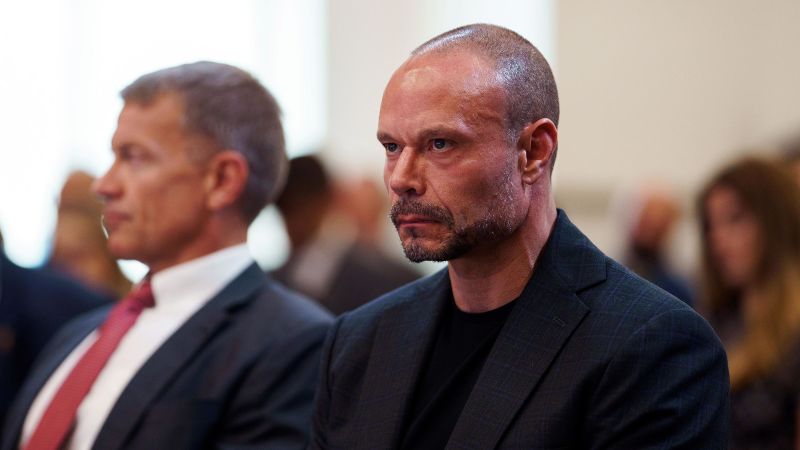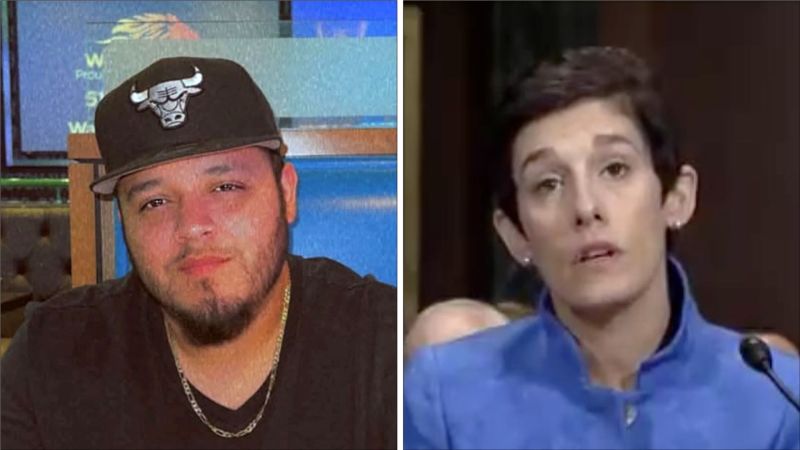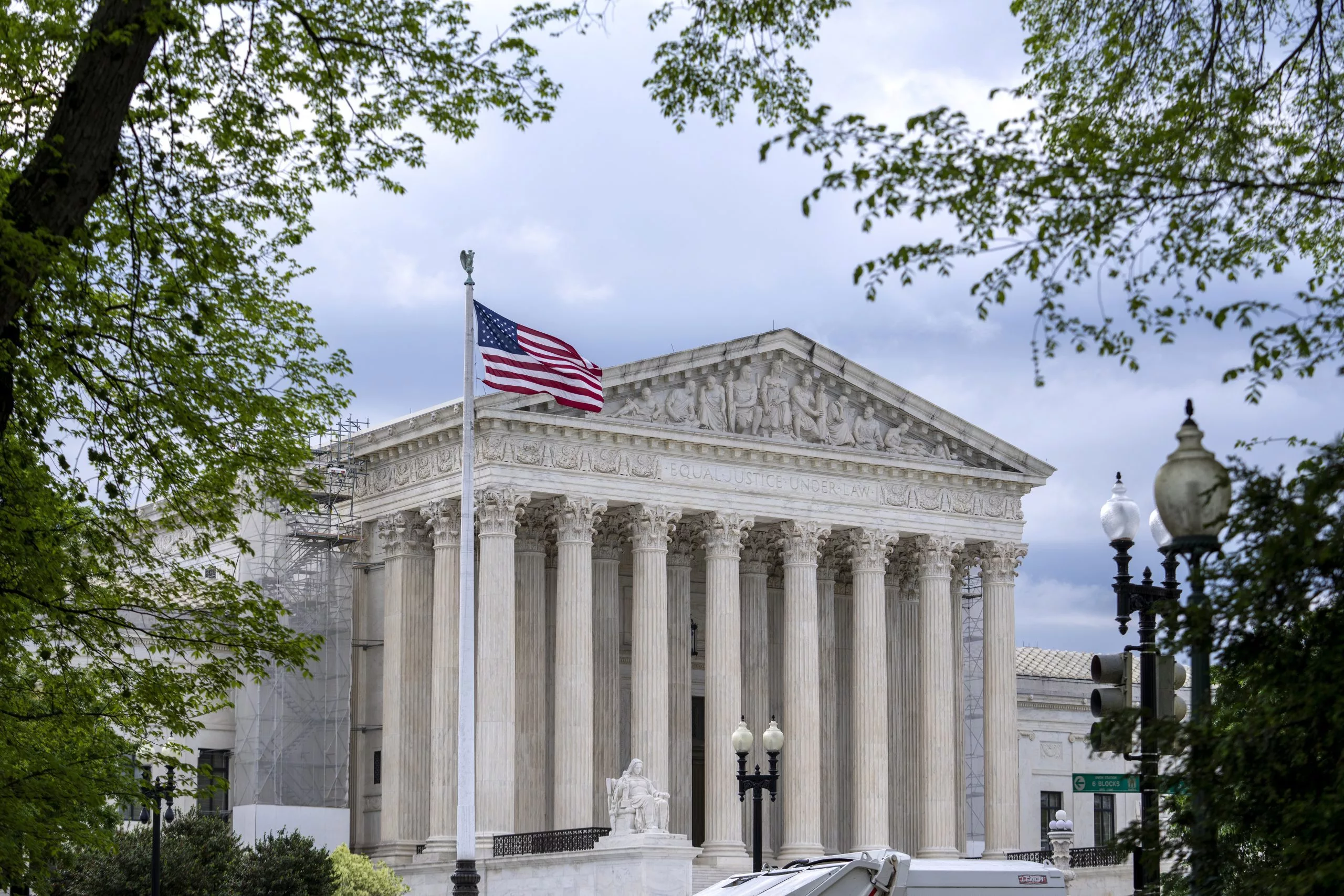Deputy FBI Director Bongino Considering Resignation Amid Epstein Files Fallout

Deputy FBI Director Bongino Considering Resignation Amid Epstein Files Fallout
According to sources familiar with the matter, Deputy FBI Director Dan Bongino is seriously considering resigning from his position. This comes after a major clash between the FBI and the Justice Department over the release of the Jeffrey Epstein memo, which has caused ongoing fallout. Bongino's potential resignation highlights the tension and division within the government as they navigate the aftermath of the Epstein case. This news also raises questions about the leadership and stability of the FBI, as Bongino is a highly respected and influential figure within the organization.
The Fallout from the Epstein Memo
The release of the Jeffrey Epstein memo has caused a major rift between the FBI and the Justice Department. The memo, which details the FBI's mishandling of the Epstein case, has sparked controversy and public outcry. This has put pressure on top officials, including Deputy
About the People Mentioned
Dan Bongino
Dan Bongino is a public figure known for his diverse career in law enforcement, politics, and media. Born on December 4, 1974, in Queens, New York, he began his public service career with the New York Police Department (NYPD) in 1995. Bongino joined the U.S. Secret Service in 1999, where he served in various roles, including the Presidential Protective Division during the administrations of Presidents George W. Bush and Barack Obama[1][2]. During his tenure with the Secret Service, Bongino was recognized for his work on financial fraud investigations, earning a Department of Justice award. He concluded his Secret Service career in 2011 and went on to pursue other ventures. In 2012, he was the Republican nominee for the U.S. Senate in Maryland but lost the election[6]. Bongino has also built a career as a media personality. He hosts the popular podcast "The Dan Bongino Show" and has been a contributor to Fox News and other media outlets. He is a multiple-time New York Times Best Selling author and has written extensively on politics and government[2][3]. Recently, Dan Bongino was appointed as the Deputy Director of the FBI in February 2025 by Director Kash Patel. This appointment marks his return to government service, where he will oversee domestic and international investigative and intelligence activities[1][3]. Bongino's selection has been notable due to his conservative views and his role as a prominent commentator on political issues. His appointment does not require Senate confirmation, aligning with the typical process for the position[3].
About the Organizations Mentioned
FBI
The Federal Bureau of Investigation (FBI) is a premier law enforcement agency in the United States, renowned for its role in protecting the nation from domestic and international threats. Founded on July 26, 1908, as the Bureau of Investigation, it was initially tasked with addressing land fraud and corporate malfeasance under President Theodore Roosevelt[1][2]. Over time, its mandate expanded significantly, particularly with the passage of the Mann Act in 1910, which allowed federal jurisdiction over certain moral offenses[1][4]. ### History and Evolution The FBI underwent significant transformation under J. Edgar Hoover, who became its director in 1924. Hoover implemented strict hiring standards and enhanced operational capabilities, transforming the agency into a robust investigative force[1][4]. The FBI's name was officially changed to the Federal Bureau of Investigation in 1935[5][6]. Throughout its history, the FBI has faced challenges, including concerns about potential abuses of power, but it has consistently demonstrated its value in national security and law enforcement[3][4]. ### Key Achievements The FBI has been instrumental in combating various crimes, including white-collar offenses, civil rights violations, and national security threats. Notable achievements include its role in enforcing the Espionage Act during World War I and its investigations into organized crime throughout the 20th century[2][4]. ### Current Status Today, the FBI is a sophisticated agency with over 37,100 employees, including special agents and professionals in various fields such as intelligence analysis and cybersecurity[5]. It operates in 55 field offices across the U.S. and has an international presence in 81 nations[5]. The FBI continues to evolve, addressing emerging threats like cybercrime and terrorism while maintaining its commitment to justice and integrity. ### Notable Aspects The FBI is known for its rigorous training programs at the FBI Academy in Quantico, Virginia, and its advanced forensic capabilities at the FBI Laboratory. Its work in business and technology includes
Justice Department
The United States Department of Justice (DOJ) is the principal federal agency responsible for enforcing federal laws, ensuring public safety, and protecting civil rights. Headquartered in Washington, D.C., the DOJ operates under the leadership of the Attorney General, who serves as a key member of the President’s Cabinet. As of 2025, Pam Bondi holds this position, having taken office in February and quickly shaping the department’s priorities. Established in 1870 during President Ulysses S. Grant’s administration, the DOJ’s roots trace back to the creation of the Attorney General’s office in 1789. Over the years, it has grown into a vast organization with more than 115,000 employees and over 40 component agencies, including the Federal Bureau of Investigation (FBI), Drug Enforcement Administration (DEA), and U.S. Marshals Service. The DOJ also houses specialized divisions for criminal, civil, antitrust, tax, civil rights, and national security matters, and oversees 94 U.S. Attorney offices nationwide. The DOJ’s mission centers on upholding the rule of law, safeguarding national security, and defending civil liberties. In 2025, the department has shifted its enforcement focus, prioritizing areas such as healthcare fraud, customs and tariff evasion, and corporate misconduct, especially involving foreign adversaries and financial gatekeepers. Recent policy changes have emphasized efficiency in investigations and reduced reliance on corporate compliance monitors, reflecting a broader effort to minimize regulatory burdens on businesses. Notably, the DOJ has also been tasked with reviewing past government conduct to address concerns about the “weaponization” of federal agencies, ensuring accountability and restoring public trust. For business and technology leaders, the DOJ’s evolving priorities—particularly in areas like cybersecurity, antitrust, and international trade—have significant implications for compliance, risk management, and corporate governance.















